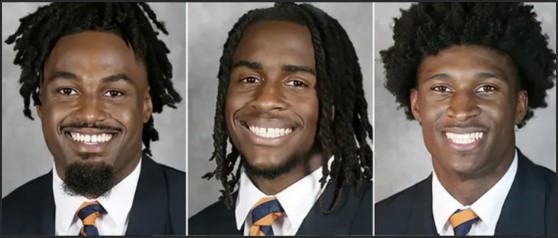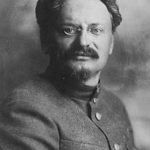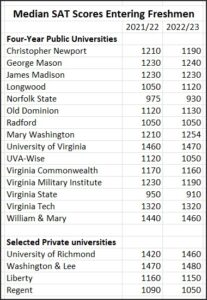Joe Thomas, host of WCHV’s “Morning Catch Up” interviews Jim Bacon about his new job as executive director of The Jefferson Council.
About
The Jefferson Council, formed by University of Virginia alumni and other stakeholders, is dedicated to preserving the legacy of Thomas Jefferson, the Lawn, the Honor Code, and the intellectual diversity one would expect from Mr. Jefferson’s university.
-
Subscribe
Enter your email address to get updates from The Jefferson Council, or follow us on Instagram, Twitter and Facebook.
Letters
The Jefferson Council welcomes well-written letters reflecting wide-ranging points of view. Submit letters to the editor to jabacon@thejeffersoncouncil.com.
To view past letters, click here.
Search The Jefferson Council website and blog
Content Categories
Archives
Friends and Allies
Many organizations are championing the cause of intellectual diversity and fighting the cancel culture on college campuses. If you are interested in pursuing these topics, we recommend you check these organizations.
National
American Council of Trustees and Alumni
Foundation for Individual Rights in Education
James G. Martin Center for Academic Renewal
Virginia
Cadet Foundation (Virginia Military Institute)
Generals Redoubt (Washington & Lee alumni organization)
Madison Cabinet for Free Speech (James Madison University alumni organization)
Spirit of VMI (Virginia Military Institute)
Virginia Association of Scholars
UVa Student Groups
College Republicans at the University of Virginia
Jefferson Independent (independent UVa student newspaper)
-
-
-

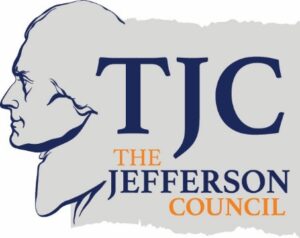
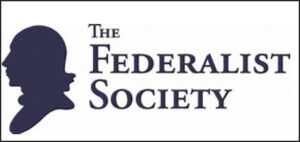 by James A. Bacon
by James A. Bacon